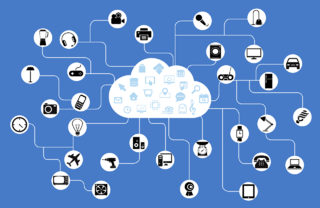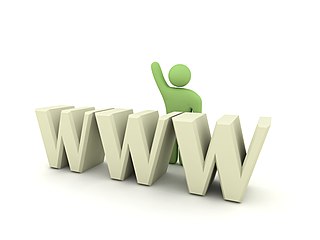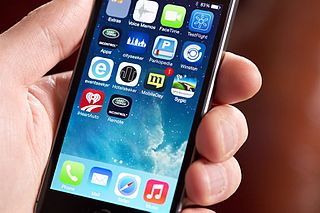What is "the internet?"
Access to computers and the Internet has become a basic need for education in our society.
- Kent Conrad
The Internet is a global network of two or more connected computers and its networks that use the standard Internet protocol address (IP) to connect devices worldwide. It enables the exchange of informations, communication and sharing of resources such as:
- documents
- images
- videos
- and other digital files.

The first version of the Internet was known as ARPANET and it is originated sometimes in late 1960s. Internet is a global network of the networks, it is primarily hardware-based and at some advanced level, to understand, we can think of the Internet as hardware. It is also known as a superset of WWW (World Wide Web). (from GeeksforGeeks)
What is "the web"?
The World Wide Web, often referred to as the "web," is a system of interlinked hypertext documents and other resources, such as images, videos, and multimedia content, that are accessed through the Internet. The web was created in 1989 by Sir Tim Berners-Lee, and it has since become the most common way of accessing and sharing information online.The web uses a browser, such as:
- Google Chrome
- Mozilla Firefox
- Microsoft Edge
to access and display web pages that are written in HTML (Hypertext Markup Language) and other web technologies.

While the Internet has its roots in the 1960s, the World Wide Web was first accessed in 1991, once many of the kinks of networking on a global scale had been worked out, and the need for a common language asserted itself. (from Page One Power)
What is an "app" and what are its key differences from a "webpage"?
An "app" is short for application, and it refers to a software program that runs on different devices, such as a smartphone, tablet, or personal computer. Apps can be installed and run locally on the device, or they can be accessed through a web browser.
Key differences between an "app" and a "webpage":
- Apps are installed directly on a device, while web pages are accessed through a web browser
- Apps require installation, which limits their accessibility, while web pages can be accessed from any device with an internet connection.
- Apps are designed to provide a direct experience on a specific platform, while web pages are designed to work across different platforms and on multiple devices.

Something published only on the app is invisible to Google, and to browsers, until it is given a webpage. If you have downloaded a recipe app and search for a particular dish, you are searching within the app, not across the Web. Any given mobile app could use any of a number of coding languages other than HTML, because it doesn’t have to communicate with all the other websites in the world. (from Page One Power)